Retinol: Transforming Skincare Routines
Introduction to Retinol
What is Retinol?
Retinol, a derivative of Vitamin A, has been a groundbreaking ingredient in the skincare world. Its transformative properties have made it a staple in the routines of skincare enthusiasts and professionals alike. Retinol is renowned for its ability to accelerate skin renewal, diminish the appearance of fine lines, wrinkles, and uneven skin tone, thereby revealing a more youthful complexion.
The Science Behind Retinol

How Does Retinol Work?
At a cellular level, retinol works by penetrating deep into the skin to stimulate collagen production and accelerate the cell turnover process. This action helps to shed dead skin cells, allowing new, healthier cells to surface. The increase in collagen production also aids in the reduction of visible signs of aging, making the skin appear firmer and more elastic.
Benefits of Retinol in Skincare

Transformative Effects on the Skin
Retinol's benefits are diverse and significant. Regular use of retinol can lead to:
- Reduction in Fine Lines and Wrinkles: By boosting collagen production, retinol helps to fill in fine lines and wrinkles, giving the skin a smoother appearance.
- Even Skin Tone: It works to fade dark spots and hyperpigmentation, resulting in a more even complexion.
- Improved Texture: Retinol can reduce the appearance of pores and improve the overall texture of the skin.
- Acne Control: Its ability to unclog pores makes it effective in preventing and treating acne.
How to Incorporate Retinol into Your Skincare Routine

Starting with Retinol
Incorporating retinol into your skincare routine requires a gradual approach. Start with a low concentration and gradually increase as your skin builds tolerance. Apply retinol in the evening, as it can increase skin sensitivity to sunlight. Always follow with a broad-spectrum sunscreen during the day.
Common Misconceptions About Retinol

Debunking Myths
-
Myth: Retinol thins the skin.
Fact: Retinol actually thickens the skin by increasing collagen production. -
Myth: You can't use retinol with other active ingredients.
Fact: While caution is advised, retinol can be used with other ingredients like hyaluronic acid and vitamin C, but it's best to consult a dermatologist.
Side Effects and Precautions
Managing Sensitivity and Irritation
Some common side effects of retinol include dryness, redness, and peeling. To minimize these, start with a lower concentration and use it intermittently. Always hydrate and use sunscreen to protect your skin from UV damage.
Retinol for Different Skin Types
Adapting to Your Skin’s Needs
While retinol is beneficial for most skin types, it's important to choose a product that suits your specific skin type. Sensitive skin types might require gentler formulations, while oilier skins might tolerate stronger concentrations better.
FAQs
Q1: Can retinol be used during the day?
A1: It's recommended to use retinol at night due to increased sun sensitivity. Always use sunscreen during the day.
Q2: How long does it take to see results from retinol?
A2: It typically takes a few weeks to several months to see significant results, depending on the skin type and condition.
Q3: Can pregnant or breastfeeding women use retinol?
A3: Retinol is not recommended for use during pregnancy or breastfeeding. Consult a healthcare provider for alternatives.
Q4: Is retinol suitable for all ages?
A4: Retinol is generally recommended for adults, especially those in their late 20s and older, as this is when the skin starts to show signs of aging.
Conclusion
Retinol continues to be a transformative element in skincare routines, offering a multitude of benefits for various skin concerns. By understanding its properties, correct usage, and integrating it properly into your skincare routine, retinol can significantly improve the health and appearance of your skin. Remember, patience and consistency are key to unlocking the full potential of retinol in your skincare journey.


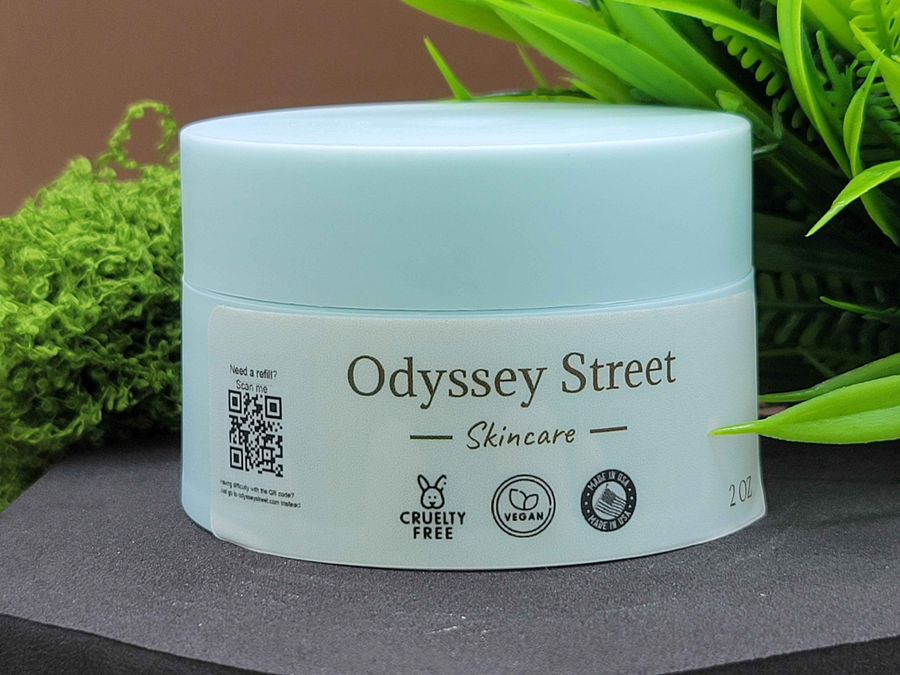
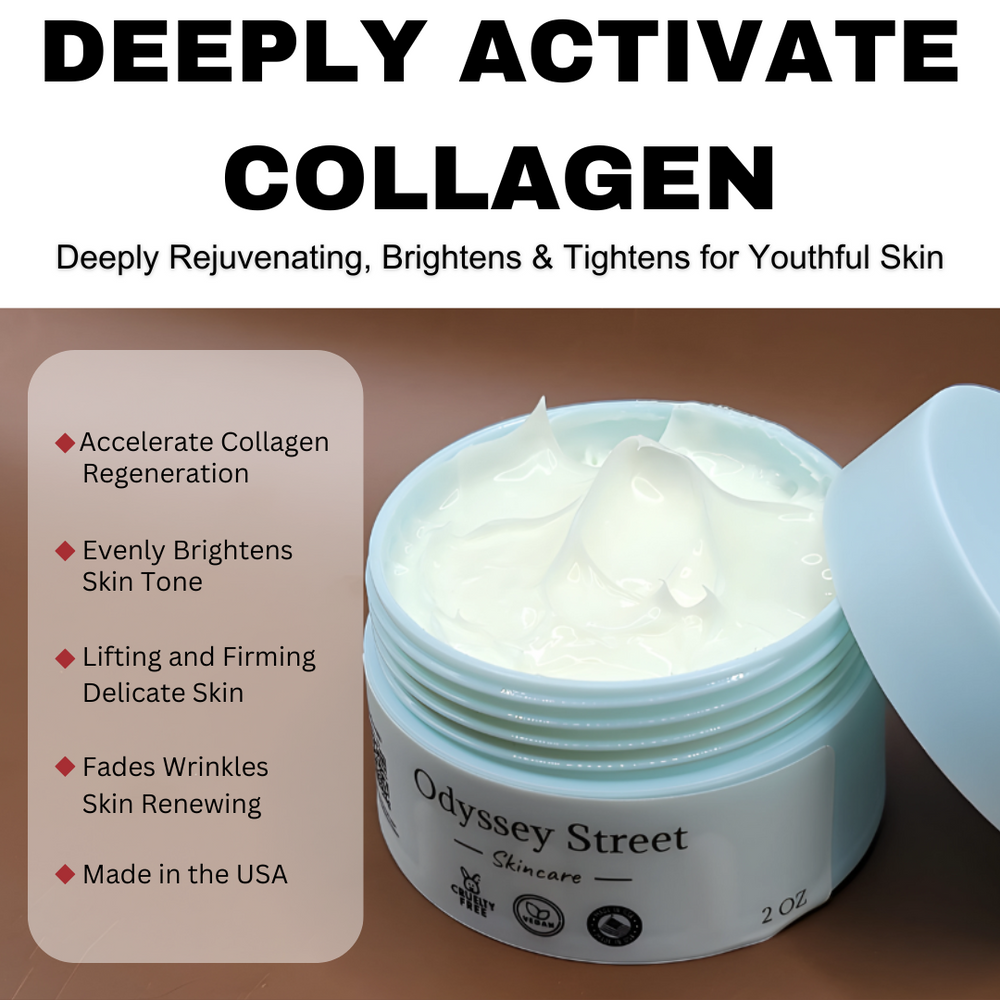


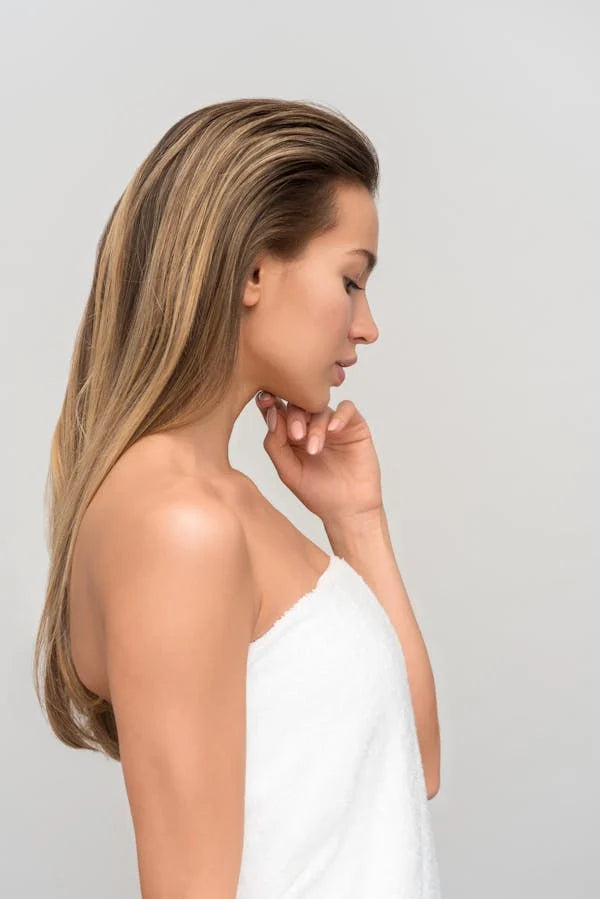

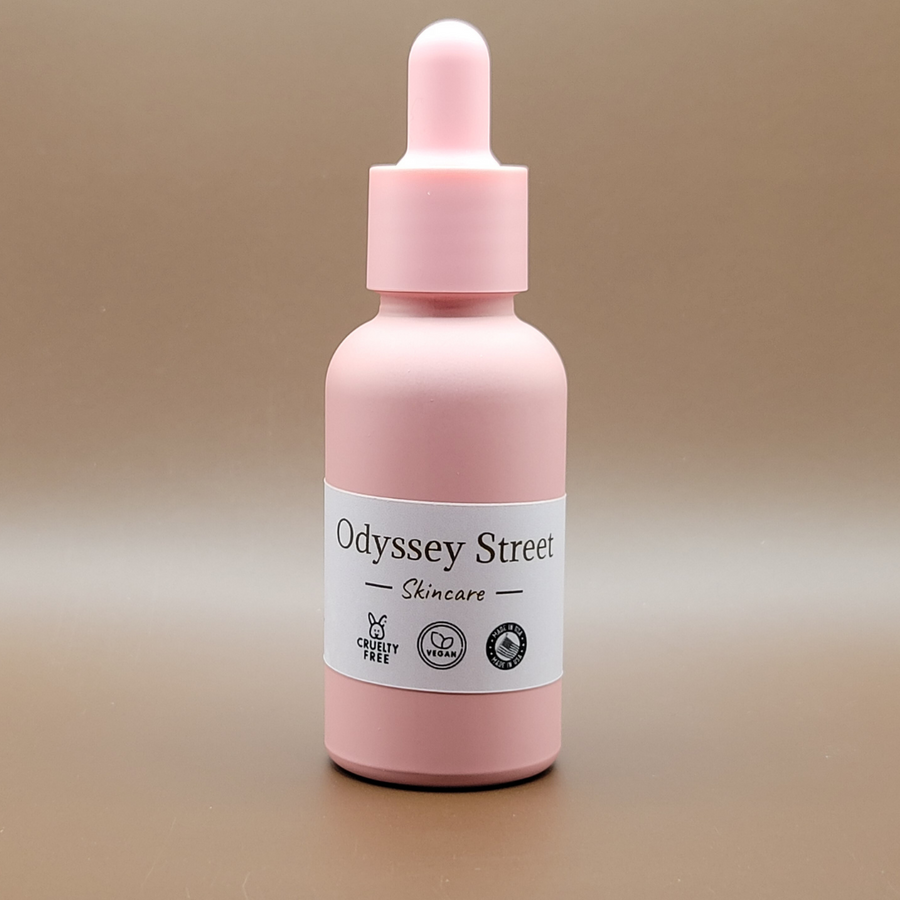
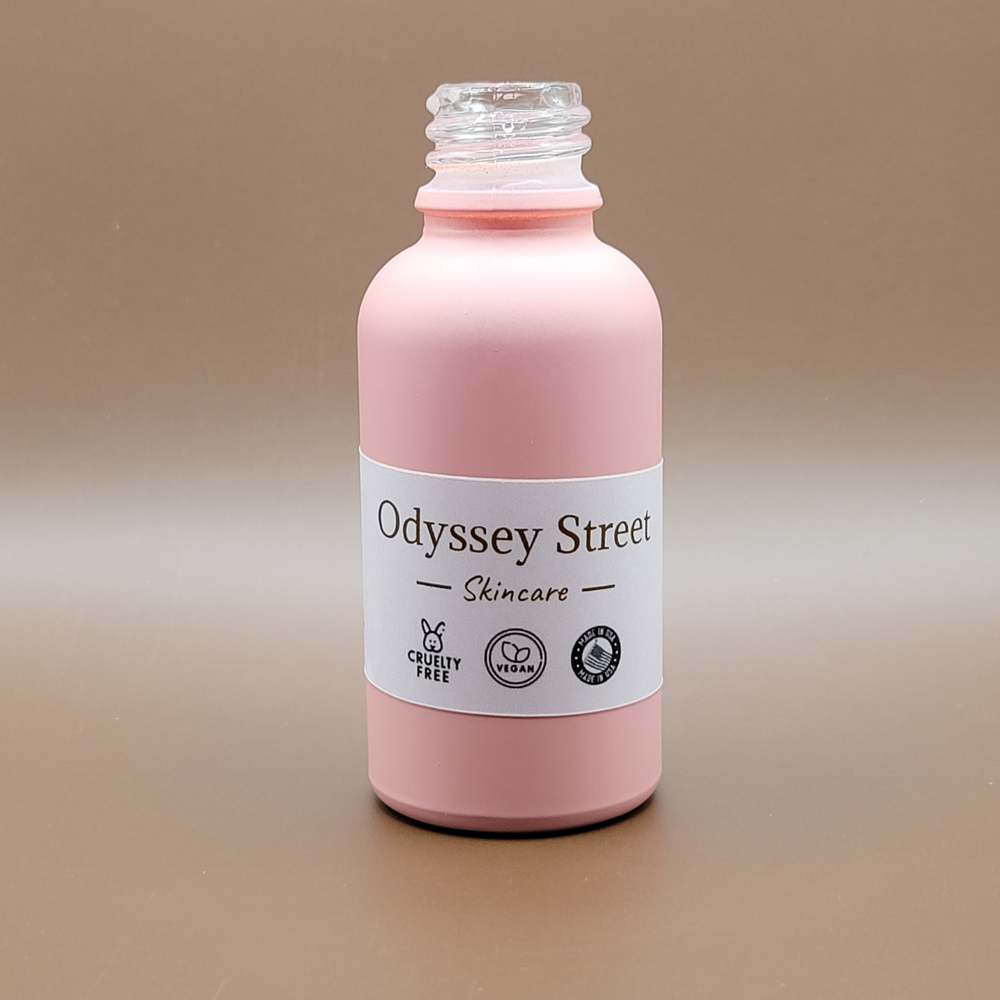
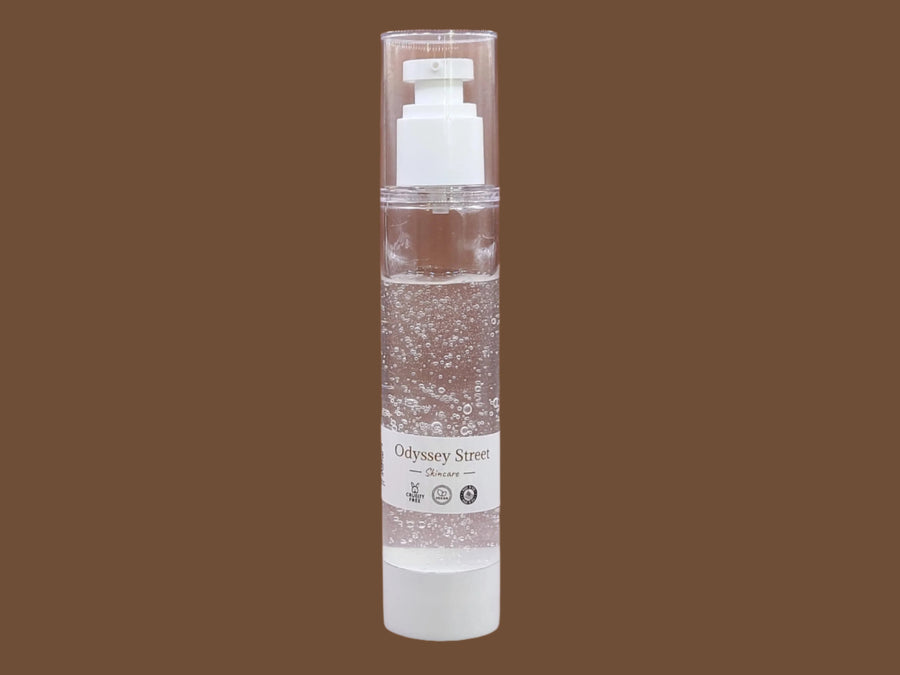
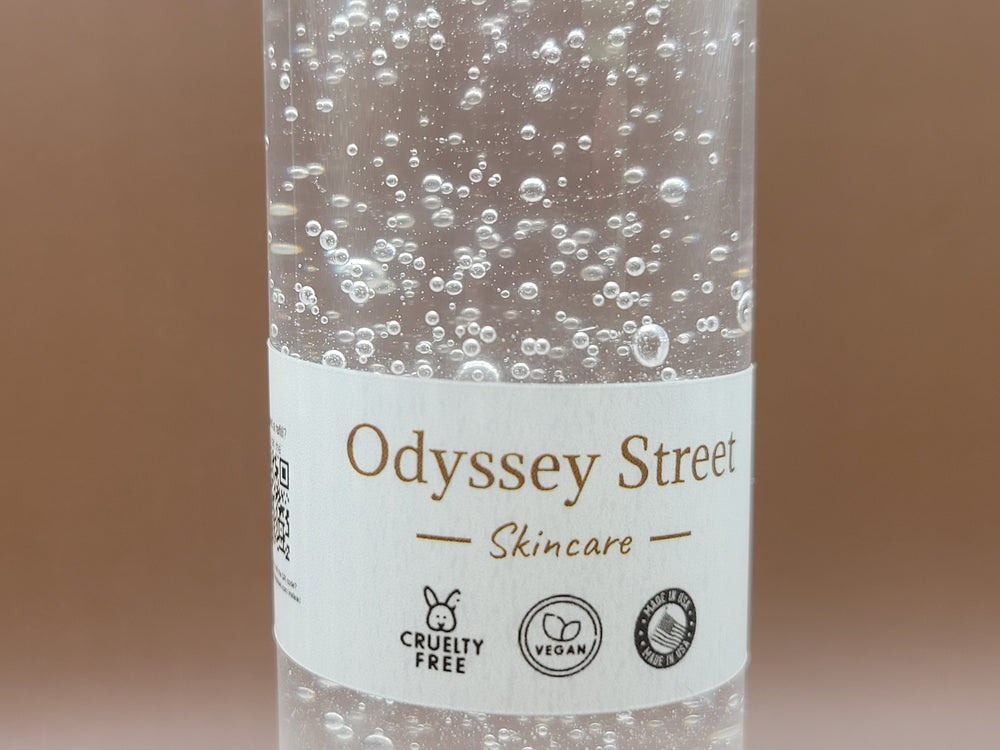
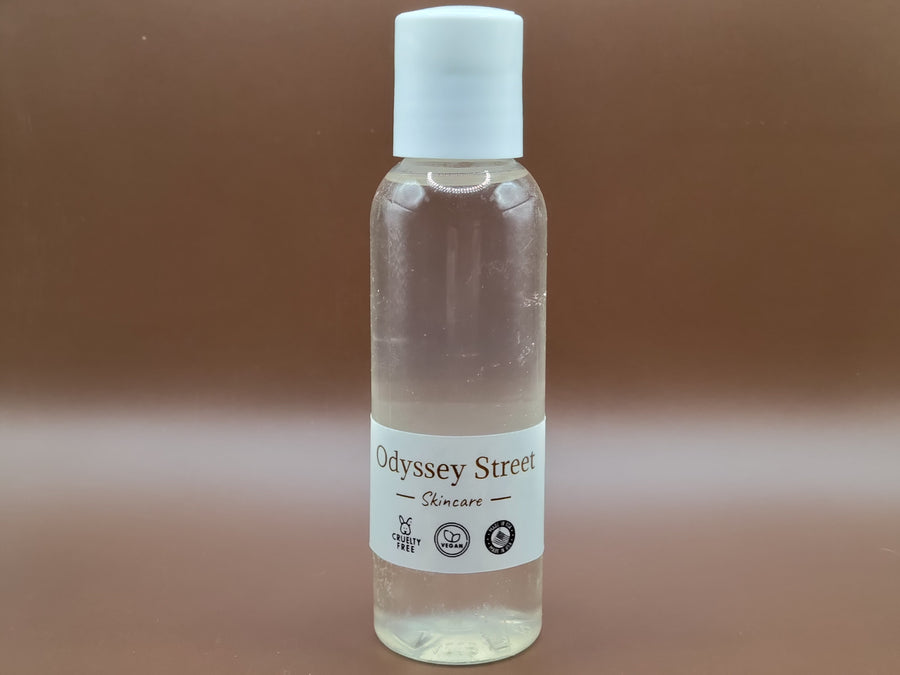
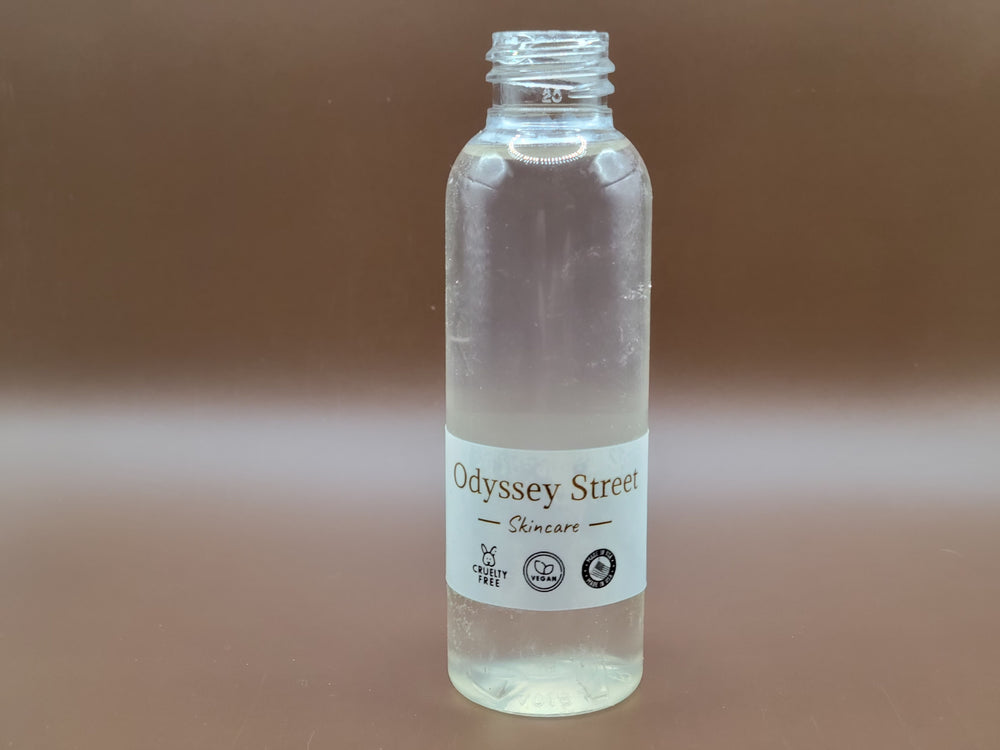
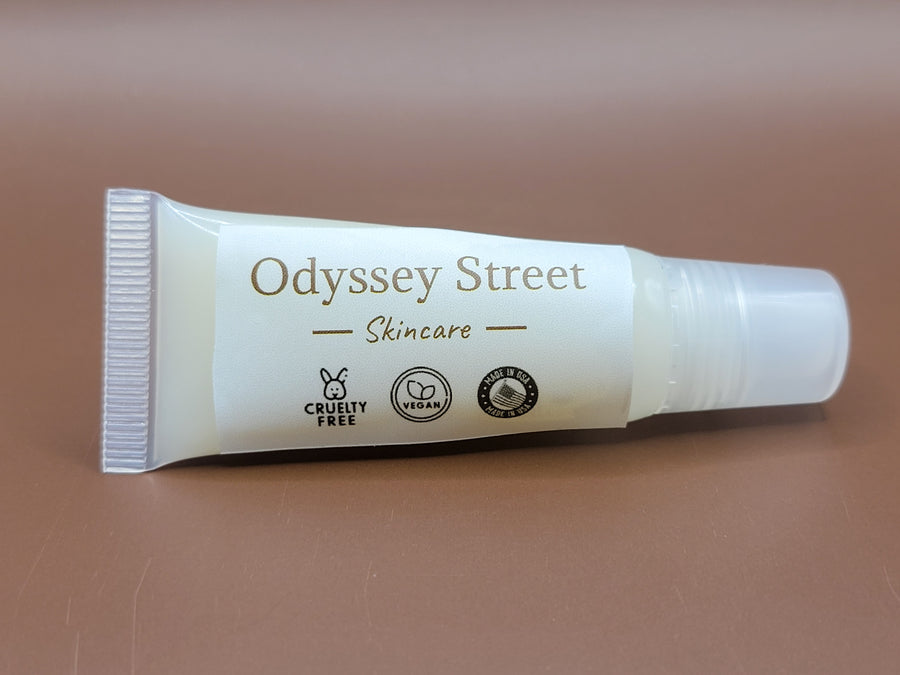
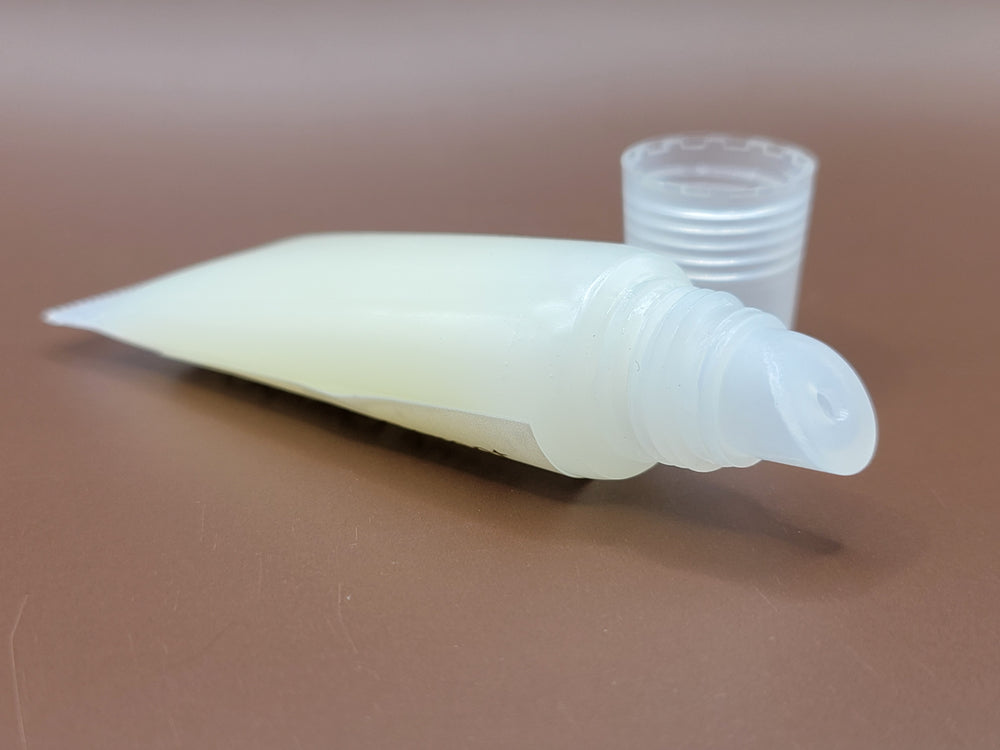
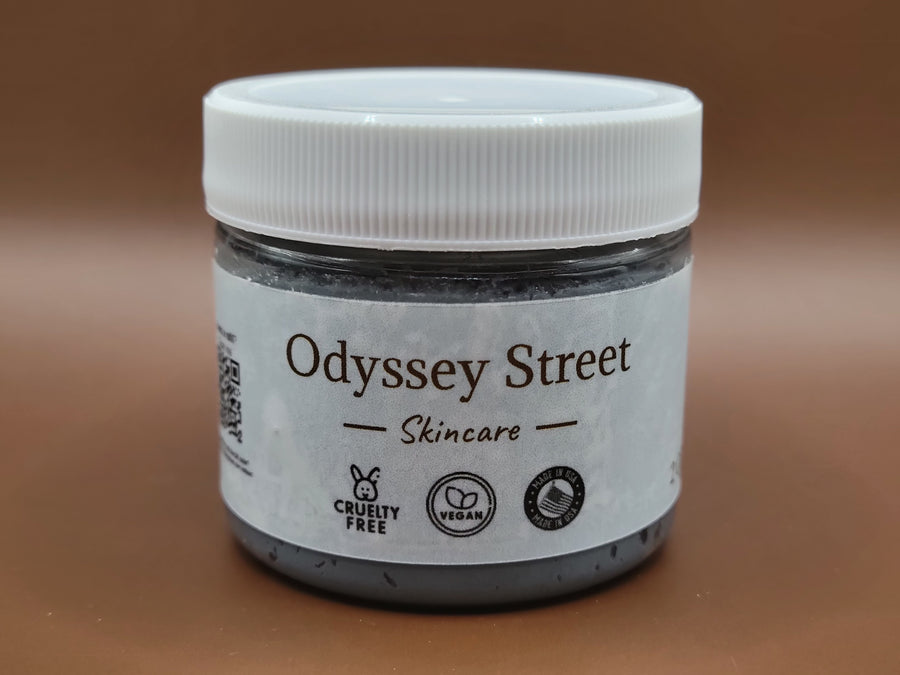
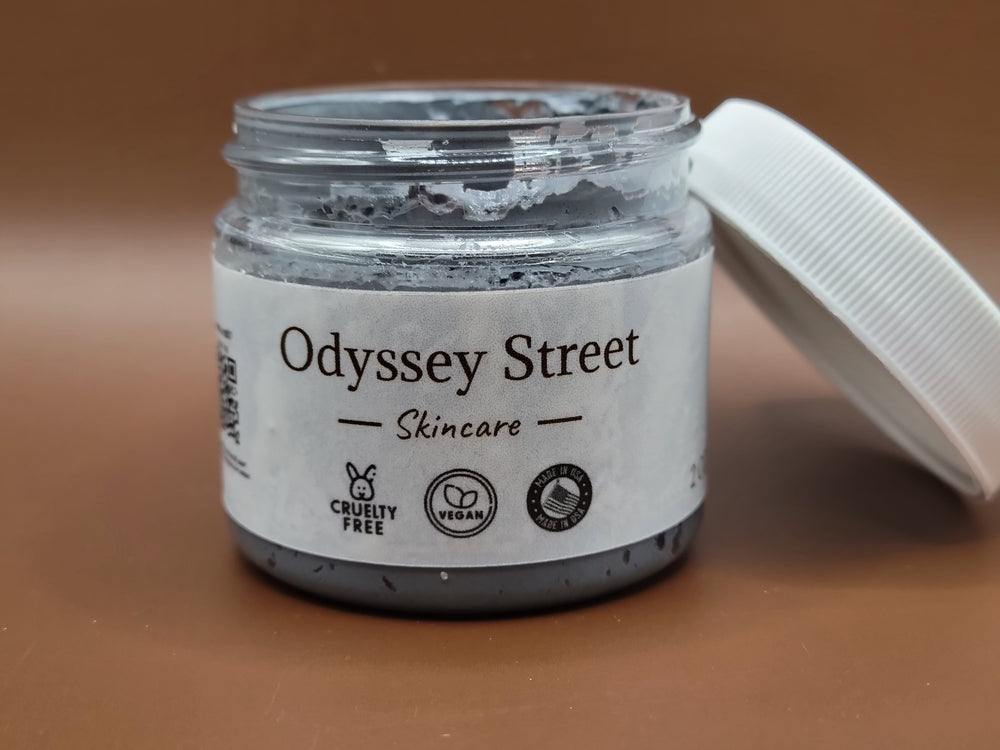
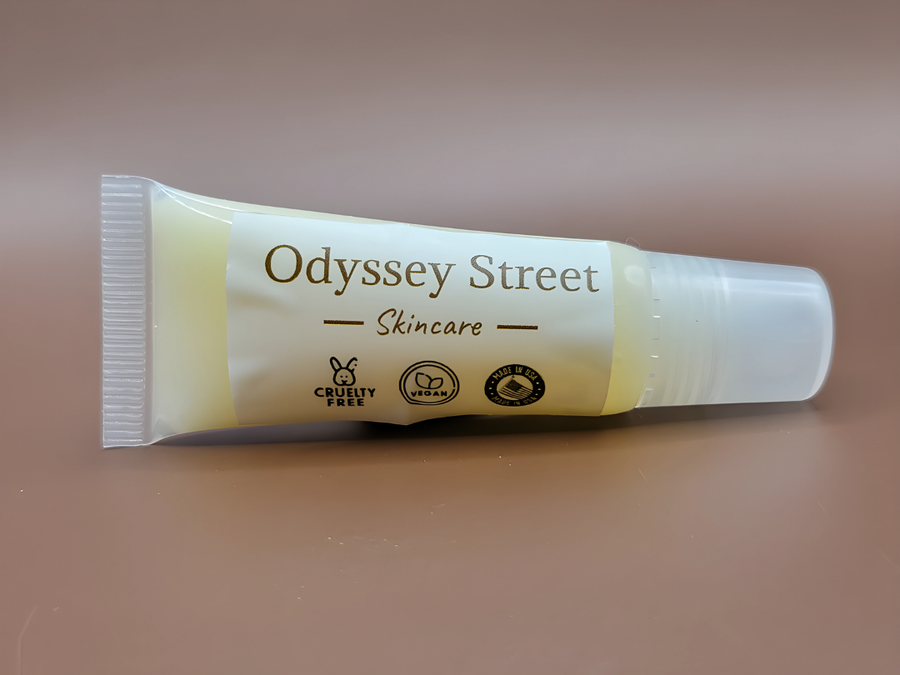
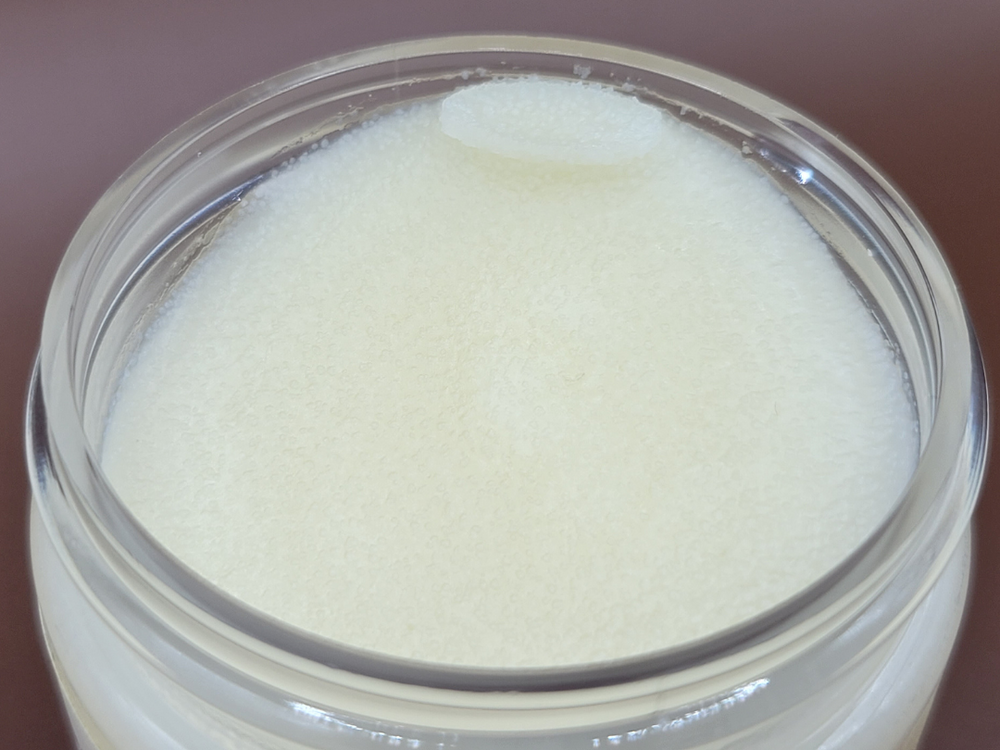
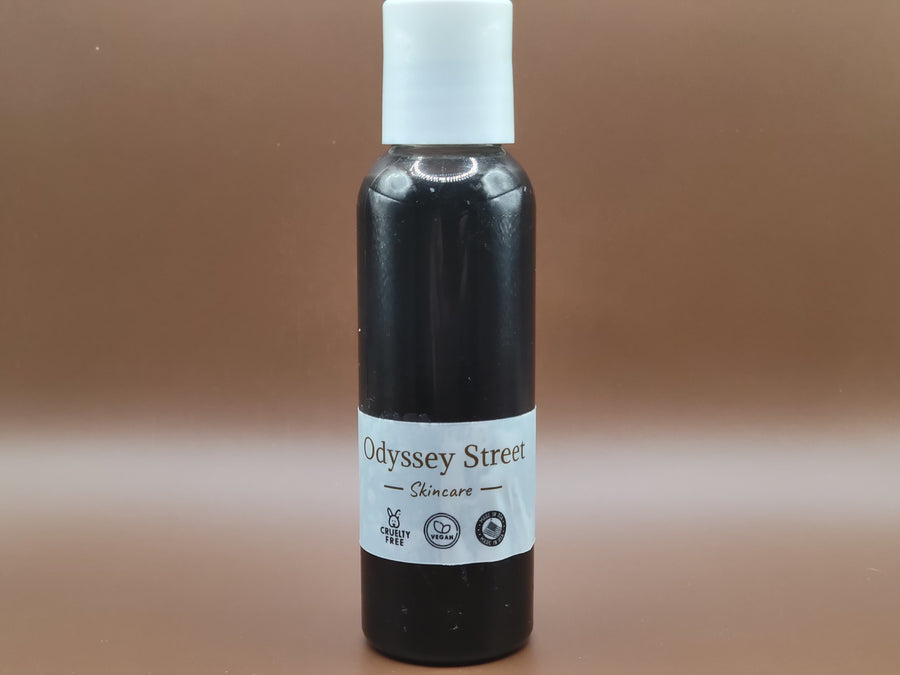
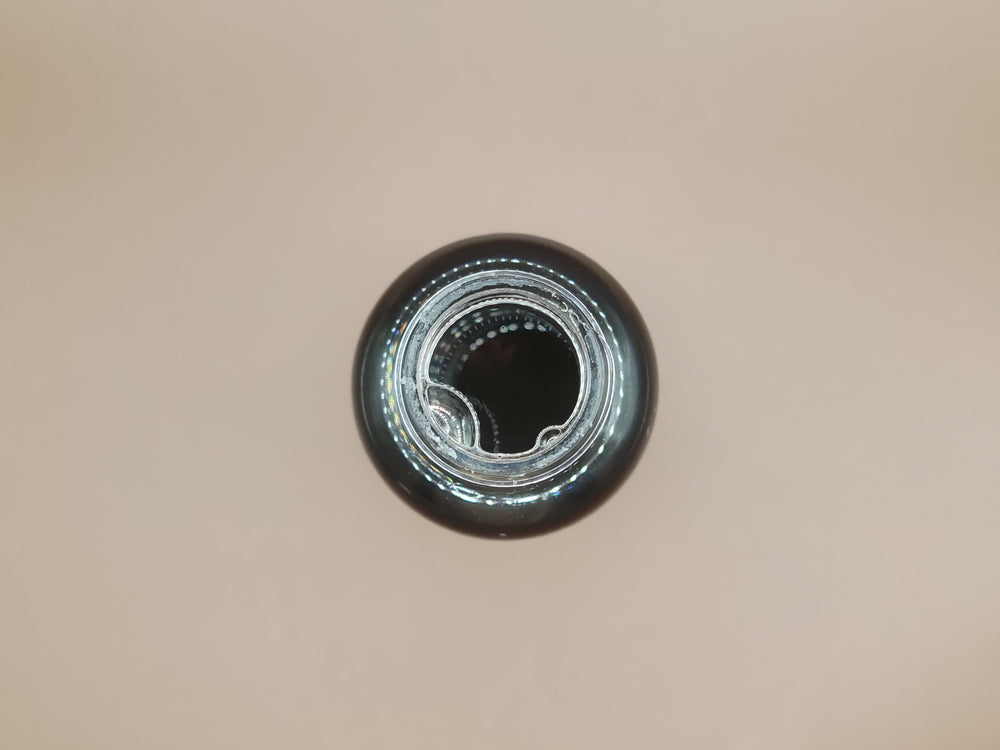
Leave a comment